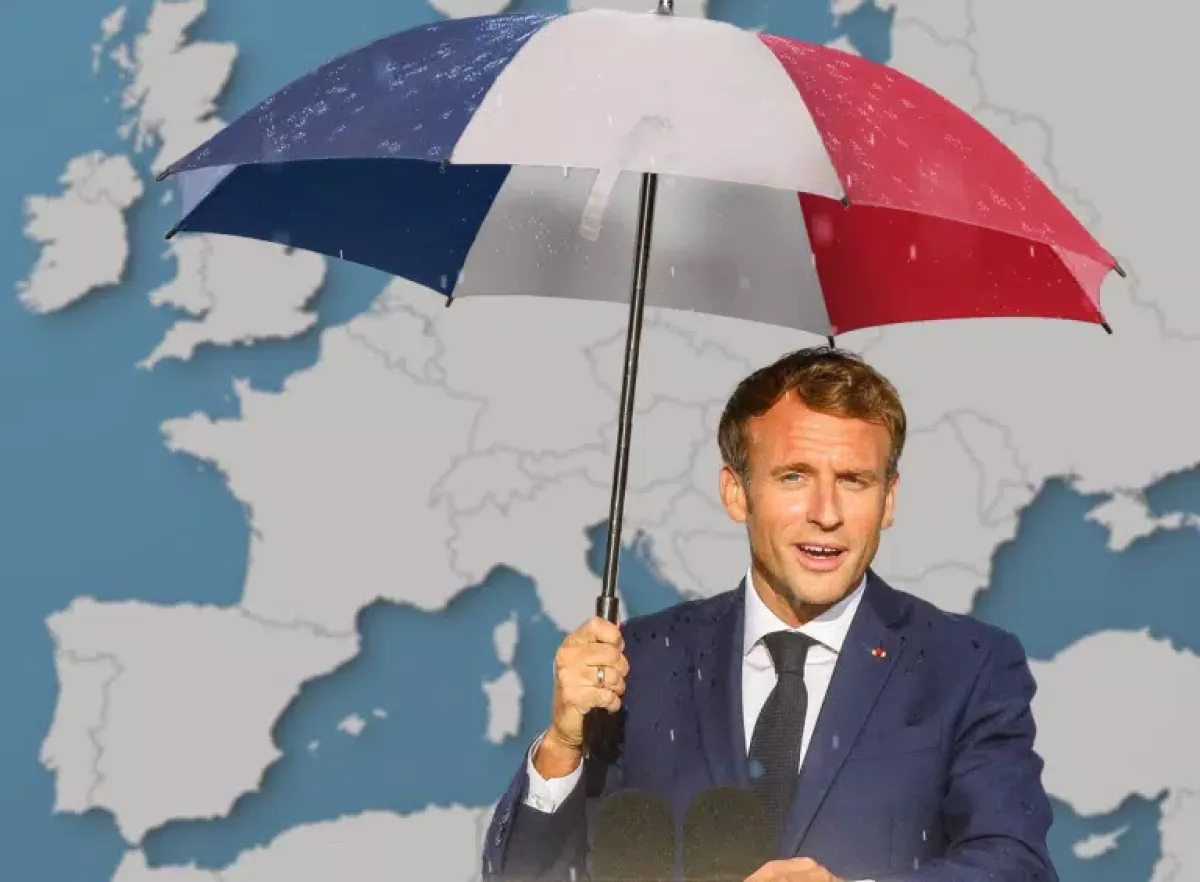Europe's nuclear debate: Can France, Germany supplement US shield?
A recent article by The Economist delves into the shifting landscape of European nuclear deterrence in the wake of significant geopolitical changes, particularly due to the foreign policy of US President Donald Trump. It explores how Poland’s Prime Minister Donald Tusk’s recent statement calling for an independent Polish nuclear capability reflects broader concerns in Europe over the credibility and reliability of American nuclear protection.
Tusk's remark about the necessity of Poland having its own nuclear arsenal comes against the backdrop of his criticism of the United States’ shifting geopolitical priorities, which he attributes to Trump’s diplomatic approach. Tusk’s comments, however, stop short of advocating for an immediate Polish nuclear bomb but emphasize the need for greater autonomy in Europe’s defense strategy. This reflects growing unease across Europe, where leaders like Germany’s Friedrich Merz and France’s Emmanuel Macron are discussing how to supplement NATO’s existing nuclear umbrella, particularly in light of the unpredictable nature of American foreign policy under Trump.
A key issue in this debate is the credibility of extended deterrence. The United States has long been the cornerstone of European defense, offering nuclear protection to its allies under the principle of extended deterrence. Yet, the concept is fraught with challenges. The idea of one nation risking nuclear annihilation on behalf of another nation has always been difficult to sell, which is why the U.S. has maintained a massive and geographically dispersed nuclear arsenal. The role of Britain and France in this structure is also complicated—while Britain’s nuclear arsenal is dedicated to NATO defense, it is closely tied to the U.S., and France, with its independent nuclear deterrent, has remained reluctant to fully integrate into NATO’s nuclear planning.

France’s stance on nuclear deterrence is particularly nuanced. While Macron has emphasized France’s sovereignty in nuclear matters, the country has hinted at expanding its deterrence horizon to protect not just French territory but also its European allies. The strategic ambiguity of Macron’s statements—particularly regarding a potential nuclear response to a Russian attack on Ukraine—has raised concerns among Eastern European NATO members, who fear they may not be covered by France’s nuclear umbrella.
The notion of a European nuclear force—an idea that gained traction in the 1950s and 60s but was never realized—has resurfaced. This could involve pooling nuclear capabilities between NATO members, but the legal and logistical barriers, such as the Nuclear Non-Proliferation Treaty and the sovereignty of national deterrents, make this an unlikely solution. France’s commitment to maintaining full control over its nuclear forces is clear, with President Macron asserting that any use of nuclear weapons will always remain a French decision.
Despite these challenges, the conversation about European nuclear autonomy continues to evolve. Experts suggest that a middle ground could be found in more cooperative efforts, such as the inclusion of European countries in French nuclear exercises or the rotation of French nuclear-capable aircraft through Eastern Europe to demonstrate solidarity with allies. Such efforts would provide a political signal of commitment to European security without the need for full-fledged nuclear sharing or surrendering control.
As the U.S. redefines its role in global geopolitics, European nations are increasingly compelled to reconsider their defense strategies and the role of nuclear deterrence within them. Whether this leads to a more integrated European nuclear strategy or reinforces national sovereignty remains to be seen. However, it is clear that the discussion has been reignited and will shape Europe’s security landscape for years to come.
By Vugar Khalilov








